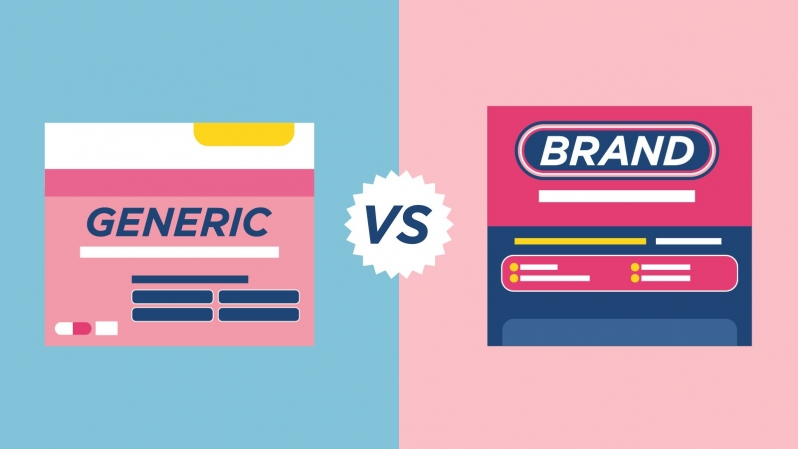Brands and generics: what’s the difference?

Brands and Generics: Understanding the Difference
Introduction to Pharmaceutical Brands and Generics
- Pharmaceutical products are often available as brand-name and generic versions.
- Understanding the differences is crucial for making informed healthcare decisions.
What Are Brand-Name Drugs?
- Development and Patents: Brand-name drugs are developed by pharmaceutical companies, undergoing rigorous testing and receiving patents upon approval.
- Higher Cost: They are usually more expensive due to research, development costs, and marketing.
- Examples: Medications like Viagra and Cialis are well-known brand-names.
What Are Generic Drugs?
- Similar Composition: Generics contain the same active ingredients as their brand-name counterparts.
- FDA Approval: They must meet the same standards of quality, safety, and efficacy as brand-name drugs.
- Cost-Effective: Typically less expensive as they don’t bear the same development and marketing costs.
Key Differences Between Brands and Generics
- Packaging and Appearance: Generics may differ in color, shape, or packaging.
- Inactive Ingredients: While the active ingredients are the same, inactive ingredients may vary, which can affect flavor or shelf life.
- Price: Generics are often significantly cheaper than brand-name drugs.
Efficacy and Safety
- Effectiveness: Generics are required to be as effective as brand-name drugs.
- Regulations: Both types undergo strict regulation by bodies like the FDA.
- Safety Profile: The safety profile of generics is comparable to that of brand-name drugs.
Making the Right Choice
- Consult Healthcare Providers: Always discuss with healthcare professionals whether a generic or a brand-name drug is suitable for you.
- Insurance Plans: Some insurance plans may prefer generics due to their cost-effectiveness.
- Personal Preference: Personal preferences or sensitivities to certain ingredients may influence the choice.
Conclusion
- Both brand-name and generic drugs play important roles in healthcare.
- Understanding the differences helps in making informed choices about prescriptions and over-the-counter medications.
Back to blog








